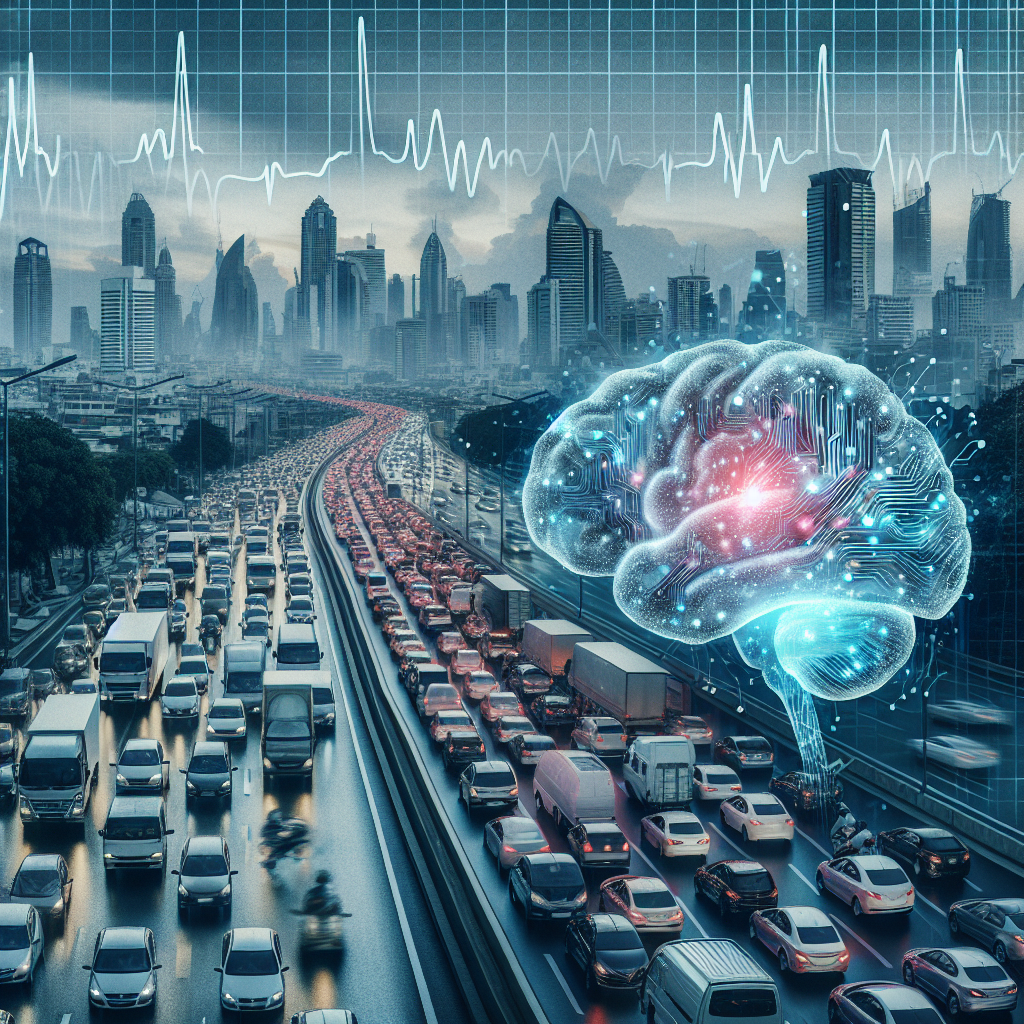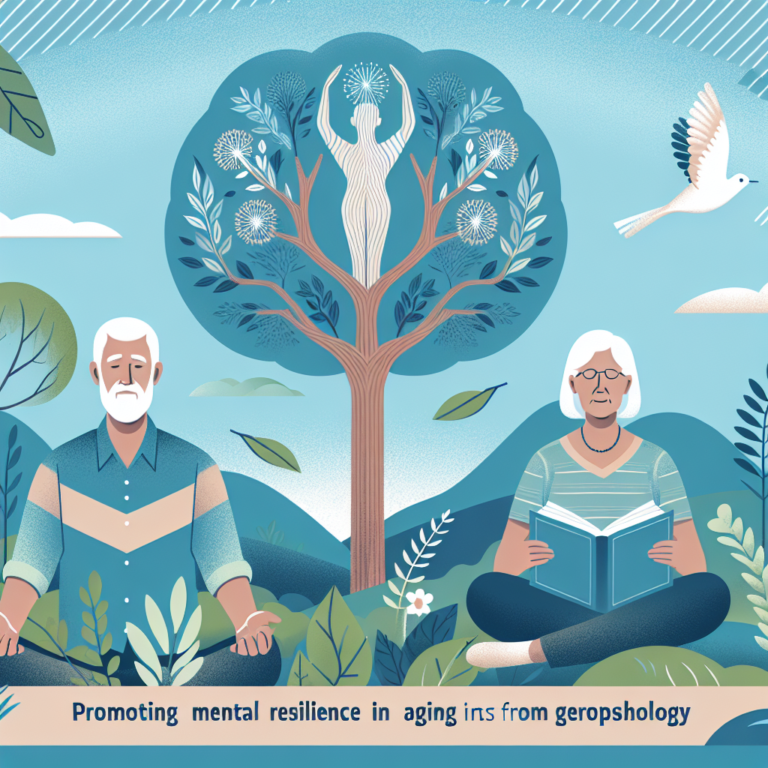
Introduction
Imagine this: it’s a Monday morning, you’re already running late for work, and as you settle into your car, the once-calm city streets are transformed into a maze of vehicles slowed to a crawl. Traffic jams are a part of commuting life for millions, but their impact extends far beyond mere inconvenience. They exert a profound psychological toll on our mental health—making the topic “Traffic Jams and Mental Health: The Psychological Toll of Commuting” not just relevant but essential.
As we dig into this intricate relationship, we’ll uncover how traffic congestion affects not just our schedules, but also our emotional well-being and long-term mental health. By the end of this article, you’ll have a deeper understanding of how to manage—and possibly reduce—the psychological burdens of commuting.
The Anatomy of a Traffic Jam
Understanding the complexities of traffic jams begins with recognizing their causes. From road construction to rush hour congestion, several factors contribute to gridlock. A recent study conducted by the Texas A&M Transportation Institute reported that Americans wasted 99 billion hours in traffic congestion in one year alone, costing $166 billion in lost productivity.
Table 1: Factors Contributing to Traffic Jams
| Factor | Description |
|---|---|
| Road Construction | Intermittent closures and blockages can slow traffic significantly. |
| Accidents | Collisions result in lane obstructions and a domino effect on flow. |
| Traffic Signals | Poorly timed lights can exacerbate congestion. |
| High Vehicle Volume | During peak hours, excess cars on the road can cause significant delays. |
| Weather Conditions | Rain, snow, or fog can hinder visibility and speed. |
The Psychological Toll of Commuting
Stress and Anxiety
Anyone who has experienced gridlock knows how quickly frustration can escalate. Studies show that the stress of being stuck in traffic can lead to increased levels of anxiety and irritability. According to a report by the American Psychological Association, 84% of commuters experienced stress related to their daily travel.
Case Study: Urban Commuter Stress
Consider a 35-year-old marketing executive in a major metropolitan area, Sarah, who spends two hours each day commuting. Research reveals that prolonged commuting negatively impacts her mood, self-esteem, and even her physical health. After months of this routine, Sarah sought therapy, attributing her heightened anxiety to the unpredictability of her daily travels. This case exemplifies the broader impact of traffic jams on mental well-being.
Depression and Loneliness
Interestingly, the psychological implications of traffic jams can spiral into feelings of depression. Commuters often miss out on family interactions, hobbies, and leisure activities—all vital for emotional fulfillment. Dr. John D. Lee, a psychologist from the University of California, suggests that prolonged time spent in traffic can cultivate a sense of isolation.
Table 2: Psychological Factors Linked to Commuting
| Factor | Implications |
|---|---|
| Increased Stress | Heightened risk of anxiety and irritability. |
| Social Isolation | Feelings of loneliness from missing personal time. |
| Physical Health Decline | Sedentary lifestyle contributing to mental issues. |
Commuting Patterns and Their Impact
Commuting Duration and Mental Health
One of the most significant variables when it comes to the effects of traffic jams on mental health is the duration of the commute. Research indicates that commutes exceeding 30 minutes can lead to negative health outcomes over time.
Case Study: Long Commute vs. Short Commute
In a comparative analysis, two groups were studied: those commuted for one hour versus those who commuted for 20 minutes. Results showed that longer commutes were associated with higher levels of anxiety, as well as increased feelings of resentment.
The Role of Environment
Urban vs. Rural Commuting
The setting in which one commutes can significantly impact one’s mental health. Urban dwellers face compounded stress from noise, population density, and pollution. Conversely, rural commuters might experience more scenic and less congested routes, which can foster a more positive mindset.
Emotional Repercussions of Urban Driving
A comprehensive study by the Dutch Traffic Institute revealed that individuals commuting in urban environments reported feelings of anger and aggression far more than their rural counterparts. The study highlighted the correlation between urban-specific stressors and mental health detriments, indicating the vast psychological burdens borne by city commuters.
Table 3: Urban vs. Rural Commuter Mental Health
| Aspect of Commute | Urban Commuter | Rural Commuter |
|---|---|---|
| Traffic Congestion | High | Low |
| Stress Levels | Elevated | Moderate |
| Overall Satisfaction | Decreased | Increased |
Strategies for Managing the Psychological Toll
Despite the immense stress that traffic jams bring, there are strategies we can adopt to mitigate their psychological impacts.
Mindfulness Meditation
Practicing mindfulness can serve as a powerful tool for managing anxiety while commuting. Regular meditation can help calm racing thoughts and foster a more resilient mindset. Easy apps with guided meditation options can transform wasted time in traffic into moments of relaxation.
Carpooling and Community Building
Engaging in carpooling can reflect a change in perspective, turning solitary travel into social interaction. This simple adjustment can reduce feelings of loneliness and increase overall commuting satisfaction. A study published in the Journal of Urban Health found that carpooling significantly correlates with lower stress levels among participants.
Active Listening
Listening to audiobooks or podcasts not only distracts from the frustration of traffic but can also provide educational or entertaining content to enhance your commuting experience. Commuters who reported engaging audiobooks during traffic jams indicated a lower perception of time and stress.
Actionable Tips for Commuting
- Plan Ahead: Use apps to check traffic conditions before you leave home.
- Leave Early: Give yourself extra time to reduce stress from unexpected delays.
- Take Breaks: If you’re stuck in traffic for long durations, practice deep breathing or stretching.
Conclusion
Commuting does not merely inconvenience our schedules; it reverberates through our mental health. Understanding the profound effects of traffic jams on our psychological well-being allows us to take proactive steps toward managing stress and enhancing our daily lives.
Traffic jams are not just a part of the hustle—they are a significant factor in our mental health. With the right strategies, we can not only cope with the stress of commuting but also thrive in spite of it. Embrace these changes, and you might transform your time on the road from a burden into an opportunity for growth and connection.
FAQs
1. How do traffic jams impact mental health?
Traffic jams are linked to increased stress levels, anxiety, and feelings of isolation due to extended time spent alone in a vehicle.
2. Can commuting cause depression?
Yes, prolonged commutes can lead to a sense of emptiness and emotional disconnect, often resulting in depressive symptoms over time.
3. What are some strategies to alleviate commuting stress?
Consider practicing mindfulness, listening to audiobooks, or carpooling to foster a more positive commuting experience.
4. Is there a difference in mental health effects between urban and rural commuting?
Yes, urban commuting generally has a higher psychological toll due to noise, crowding, and congestion, whereas rural commuters typically report lower stress levels.
5. How long does it take for commuting effects to manifest?
Negative effects can manifest in as little as several weeks of extended commuting, especially those exceeding 30 minutes, as emotional exhaustion and fatigue set in.
Traffic jams are more than mere inconveniences; they carry emotional and psychological weights that influence our daily lives. By understanding these impacts, we can devise individual strategies to navigate our journeys with resilience.















